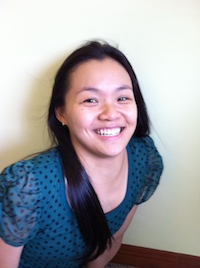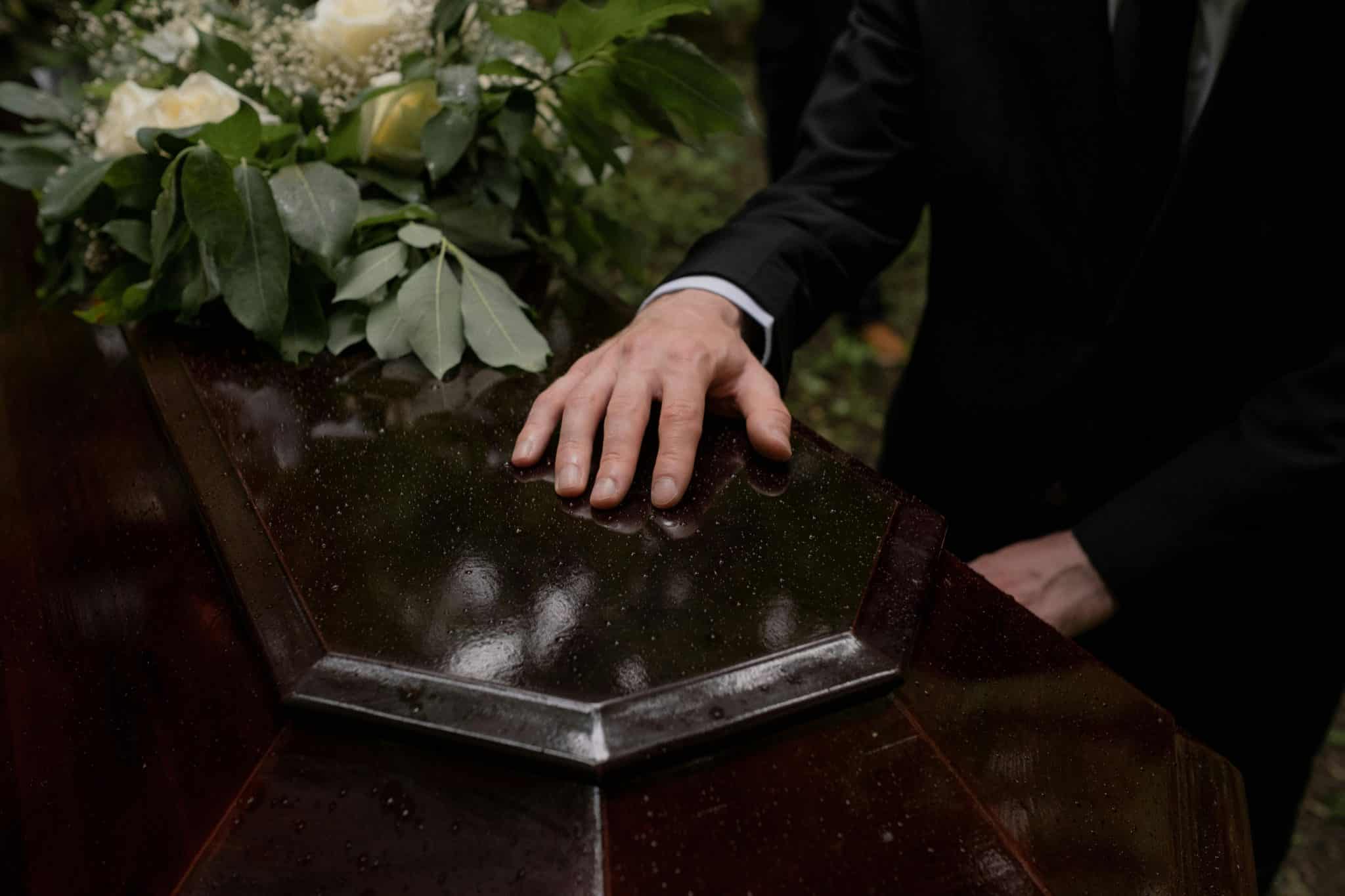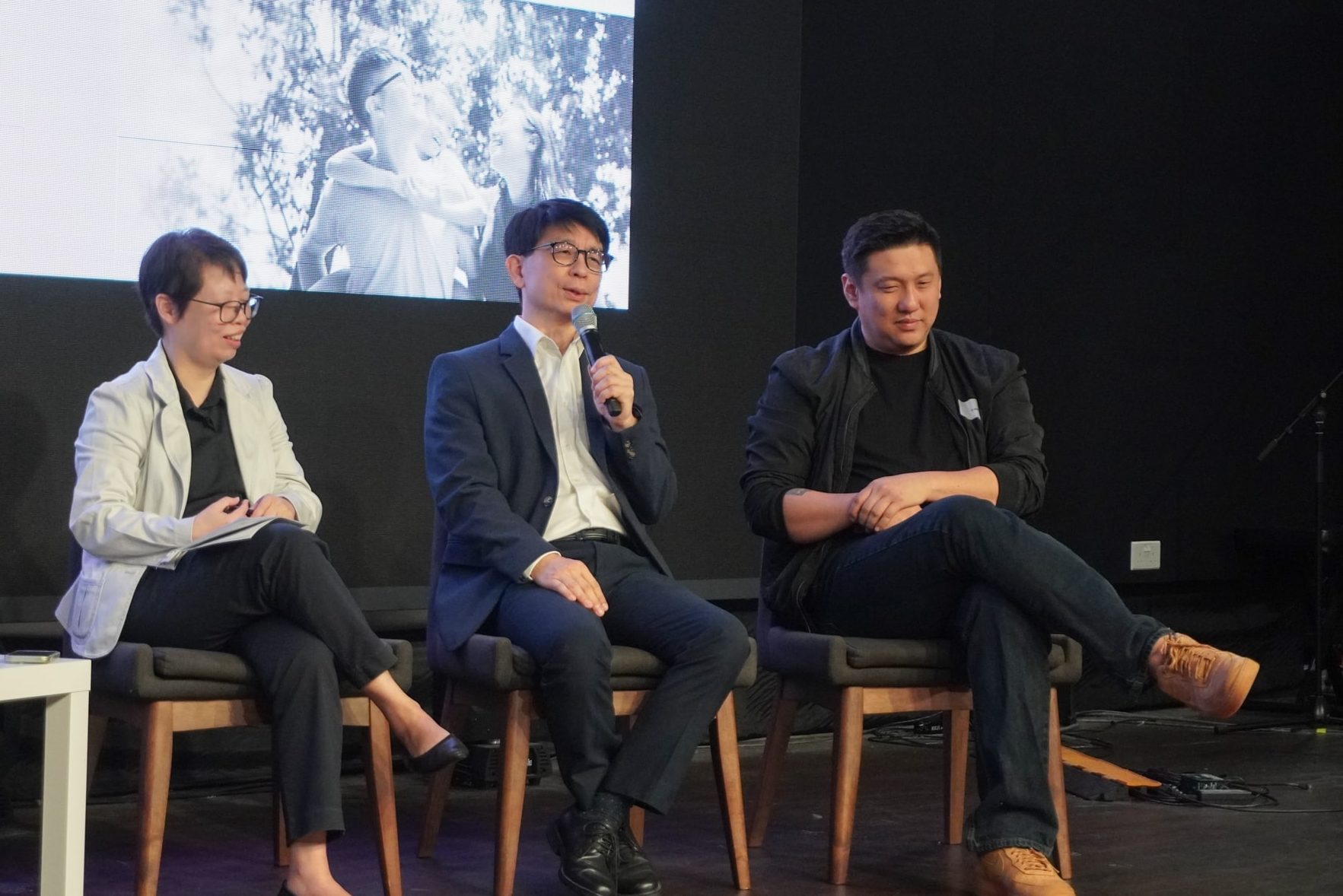How do we enable differently abled persons to be full participants in the community of faith?
Jacqueline Woo // January 18, 2020, 9:46 pm

Photo by marianne bos on Unsplash
And let us consider how to stir up one another to love and good works, not neglecting to meet together, as is the habit of some, but encouraging one another, and all the more as you see the Day drawing near. (Hebrews 10:24-25)
In recent years, there appears to be a rise of disability ministries in various churches across Singapore. Such efforts are encouraging and should be proliferated so that individuals and churches may learn from one another in fulfilment of the Great Commission.
What can we do so that differently abled people can step up as servant-leaders in church?
As with every non-disabled believer, we need to ask: “How can we enable disabled persons to be full participants in the community of faith?”
Put another way, what can we do so that differently abled people can play an active rather than passive role in discovering their purpose, engaging in community, and in turn stepping up as servant-leaders in church service?
In the capacity of a believer with physical disability who happens to use a wheelchair, I briefly weigh in on this topic from a personal perspective and offer the following six points of consideration.
1. Accessible infrastructure
At its most basic level, church buildings and non-church meeting premises should be wheelchair-accessible, or even better, wheelchair-friendly. For instance, I consider facilities such as automatic doors – as opposed to push-pull doors – as wheelchair-friendly.
However, where infrastructure cannot be amended in time, the often quoted principle comes into play: Inclusive attitudes trump infrastructure. I encourage communities to innovate and seek out alternative ways of participation, shaped around the individual’s abilities.
2. Inclusive practices
Ideally, Christians attend Sunday services and cell group meetings weekly, take up service roles in church ministries, attend regular church events, and enjoy informal cell get-togethers. Apart from attending Sunday services or tuning in to online sermons, I dream of full inclusivity.
Consider and organise formal and informal church activities around best disability practices.
I dream of attending cell group meetings in person on a regular basis, being involved in ministry service and taking up leadership roles, as well as hang out more often during cell get-togethers, all with adequate assistance. I want to forge closer bonds with church members to build a strong community. Yet, much of these activities still revolve around ableist expectations.
My hope is that we need to reconsider accessibility beyond simply basic access and helping, to consider and organise formal and informal church activities around best disability practices. This would enable and encourage disabled people to plug in – that is, connecting to the source of life – more effectively.
3. Paradigm shift: Assume competence
When people with disability want to step up and serve, they also want you to believe that they can get the job done just as well as any non-disabled person can. They want and should be given opportunities to serve others through their God-given gifts and talents too.
Disabled does not mean unable. It just means an alternative way of doing things. One of the first steps is to renew our minds with a paradigm shift of assuming competency in disabled people. Many times, solutions can be found in (assistive) technology. I encourage communities to seek out creative ways of service together based on individual needs.
Remember, God doesn’t call the qualified – He qualifies the called.
4. Be intentional in reaching out and listening
Some persons with disabilities face real and present obstacles to church activities for various reasons, and likely end up being isolated from their faith communities. It is thus good practice to carve out time and check in regularly with the individual.
Be mindful not to diminish disabled people simply as “faulty objects” in need of healing.
As Joni Eareckson Tada said in an interview: “Compassion is journeying alongside that person who is despairing and ascribing positive meaning to their pain, bringing them up out of social isolation, journeying with them, and helping them resolve their issues.”
Of course, this is a two-way street – the individual should also reciprocate the thoughtful gesture in possible ways, as we strive to build each other up in the likeness of Christ. Technology bridges many gaps between the disabled and non-disabled – just think instant messaging and social media for a start!
5. Understand the needs and preferences of the disabled
“Nothing About Us Without Us” is a key principle in disability rights and in integrating the needs of disabled persons within the larger non-disabled community. It reminds us that we should seek the views of the disabled rather than make certain decisions on their behalf that may not actually be really what the disabled person needs or would like.
Moreover, an increasing number of disability advocates have highlighted that we should be mindful not to diminish disabled people simply and straightaway as “faulty objects” in need of repair and to be healed. Some of them are contented to live as they are, while others would like to be prayed over for healing. It all boils down to the individual’s personal relationship with Jesus, and we should make every effort to understand his/her perspective.
6. Practise accountability with each other
Ultimately, we were created for community and to fellowship with one another. We crave companionship on our journey of hills and valleys that we may laugh and cry heartily with each other.
God has planted us where we are not randomly but intentionally. He provides us with the means and tools we need to fulfil His purposes. So while we are ultimately dependent on God first and foremost, we are also interdependent on each other as iron sharpens iron (Proverbs 27:17).
Part of the body
First Corinthians 12:22 reminds us that “the parts of the body that seem to be weaker are indispensable”. From this verse and other examples in God’s Word, we can take hope that disabled people, in fact, have important roles to play in the affirming Body of Christ!
Just as Jesus welcomed people with all sorts of disabilities, we too should extend the same hospitality and consideration as His hands and feet (Psalm 8:6).
Jesus never hesitated to listen and reach out to disabled people when He walked the ground.
Each fleeting day is a day nearer to Judgement Day. How will we choose to live our lives? What will we hear God say when we come before Him in heaven? To the God who knows and sees all things, will we be able to hear Him joyfully declare: “Well done, my good and faithful servant”?
Disability ministry may seem inconvenient, uncomfortable, difficult, or messy to some, but as Christ’s followers we are called to carry His cross and bear His burdens. Jesus never hesitated to listen and reach out to disabled people when He walked the ground. He sees every one of us as His beloved children, disabled or not. There must be a place for the differently abled, wide-ranging as they may seem, in the church.
My prayer and hope is that more of us can band together and fight harder against the grain of cultural ableism and convenience that the world so amplifies, that the needs, preferences, and salvation of our disabled brothers and sisters in Christ will be met. We can then rejoice together for all eternity! Hallelujah!
This excerpt from the book, Let Us Consider, published by Impact Christian Communications, is republished with permission. The book can be purchased for $20 here or together with a pouch for $35 here.
We are an independent, non-profit organisation that relies on the generosity of our readers, such as yourself, to continue serving the kingdom. Every dollar donated goes directly back into our editorial coverage.
Would you consider partnering with us in our kingdom work by supporting us financially, either as a one-off donation, or a recurring pledge?
Support Salt&Light



